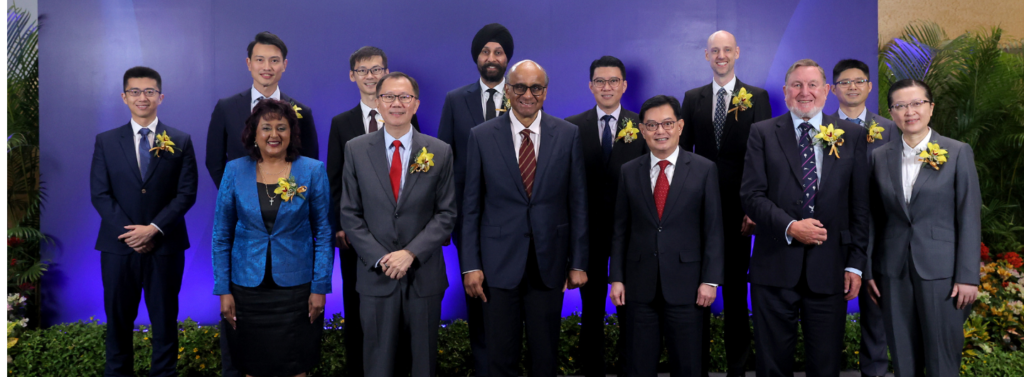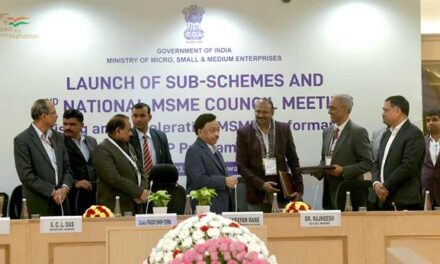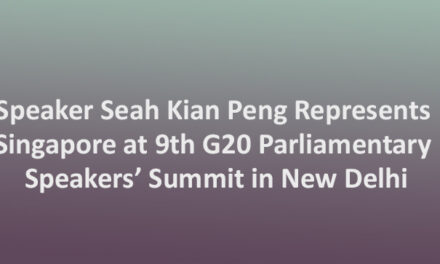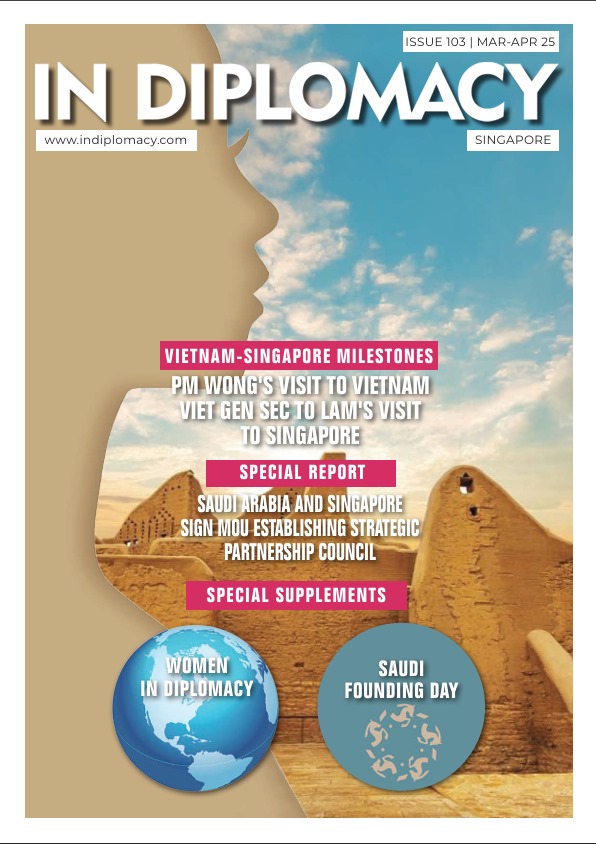
Singapore recognizes outstanding contributions in science and technology, fostering innovation and interdisciplinary collaboration during the prestigious annual awards ceremony.
SINGAPORE, 27 September 2024 – Deputy Prime Minister Heng Swee Keat delivered remarks at the President’s Science and Technology Awards, celebrating Singapore’s top scientific minds for their exceptional contributions. Held annually since 2009, this year’s event took place at a university campus, a first in the award’s history, as the Istana undergoes restoration.
The awards ceremony honored the 2024 recipients of the President’s Science and Technology Awards (PSTA) and the Young Scientist Awards, recognizing both established and emerging talent. Deputy Prime Minister Heng underscored the importance of science and technology in tackling global challenges such as climate change, public health, and economic shifts. He highlighted the role of artificial intelligence in accelerating research discoveries and emphasized the significance of interdisciplinary collaboration in achieving impactful innovations.
Among the awardees, Professor Liu Bin received the President’s Science Award for her groundbreaking research in organic compounds with applications in biomedicine and electronics. The President’s Technology Award went to a team led by Professor Malini Olivo from A*STAR for their innovative respiratory monitoring solution, Respiree, which is now being trialed globally.
The Young Scientist Awards were given to four rising scientists, including Dr. Jonathan Göke for his work on RNA research, and Dr. Daniel Ting for advancements in AI-driven healthcare.
Deputy Prime Minister Heng reaffirmed the government’s commitment to science and innovation through initiatives such as the Research, Innovation, and Enterprise (RIE) plans and the development of global partnerships, as well as nurturing young talent through programs like A*STAR scholarships.
This year’s ceremony reflected Singapore’s progress in becoming a global hub for science and technology, as evidenced by its fourth-place ranking in the World Intellectual Property Organization’s Global Innovation Index.
Source: PMO















